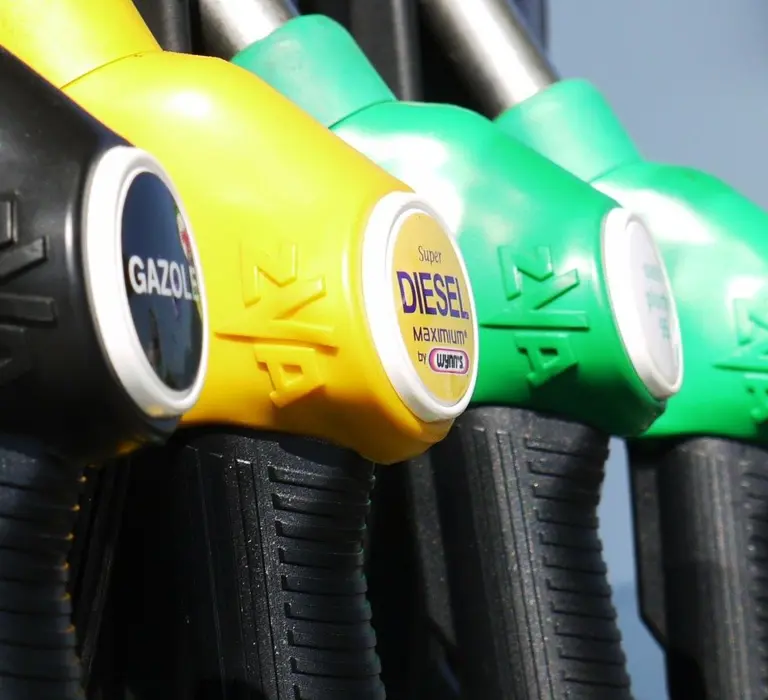Since the cost of living crisis, the price of fuel has skyrocketed. Unfortunately, fuel is an unavoidable cost for drivers, meaning that many Brits will be feeling the pinch now more than ever when filling up their car.
To help drivers save some money on running their vehicles, Nigel King from All Car Leasing has released seven mistakes you are likely making every time you visit the petrol station.
“Filling up your car with fuel is a steep and unavoidable cost. However, there are some innovative ways you can shave some money off your petrol bill when fuelling up which are simple, yet effective.”
- Don’t overfill the tank
“Overfilling the tank can be tempting. You may think that you’re saving money by avoiding additional trips to the petrol station and ultimately burning more fuel, but this actually has the adverse effect. Filling the tank beyond the maximum capacity can cause the petrol to overflow into the vapor collection system which wastes fuel and will cost you money.”
“Overfilling can also cause excess spillages out of the tank and onto the ground. This is not only bad for the environment and a potential fire hazard, but you’re still being charged for the spilled fuel, so it’s best to know how many litres of fuel your car can hold and fill up a sensible amount.”
- Fill up during off-peak times
“Prices at fuel stations can vary throughout the day, meaning costs tend to rise during peak hours, which is actually midday and after work at around 5pm. It is best to head to the station either early in the morning or late into the evening, where the queues will not only be shorter, but the fuel prices tend to be a little bit cheaper.”
- Don’t leave the engine running
“A classic fuel-wasting error is leaving the engine running unnecessarily. When filling up, it is common knowledge that the engine should be switched off due to the dangers of igniting an accidental fire but leaving the engine running, in general, can cost you.”
“For example, if you’re picking up snacks from the fuel station kiosk, ensure the engine is still turned off as the fuel is still being burnt to keep the car’s systems operational such as the lights, radio, and air conditioning. This excessive fuel consumption can save you a good chunk of money way down the road and can reduce unnecessary emissions that contribute to air pollution.”
- Compare the prices
“The cost of living crisis means you need to do your research and become a savvy shopper, so you know you’re getting the best bang for your buck. Compare the prices of fuel at stations in your local area to see which has best deal on the fuel you need. Usually, supermarket fuel tends to be on the cheaper side and since there are so many supermarket stations dotted around, they may be your best option.”
“Although it’s always important to shop around and do your research on the best prices, some people tend to drive further than they usually would to get fuel at a discounted price. This can be a false economy, actually wasting money by burning excess fuel, so stick to visiting fuel stations in your area.”
- Check your tyre pressure
“Having your tyres properly inflated can improve your fuel efficiency, meaning you get the most out of your fuel. At many fuel stations, there is usually a pressure gauge or tyre pump so you can fuel up and check your tyre pressure at the same time. Better still, most stations only charge you around 50p to use the tool, so it is definitely worth taking the time to treat your tyres.”
- Use the preset buttons
“Ever find yourself daydreaming or getting distracted when filling up, causing you to fill the tank more than you wanted to? This is more common than you think, but being careless can cost.”
“Some petrol pumps have either a preset section on the screen or preset buttons where you can state the amount of fuel you want dispensing. Using the preset buttons means you will not be spending money on fuel you didn’t necessarily want and can be used as a tool to budget how much you’re willing to spend.”
- Loyalty cards
“Some fuel stations offer a loyalty program that is definitely worth getting to grips with. Loyalty cards often offer discounts, personalised rewards or even cashback on fuel purchases. If used frequently, you can be given greater rewards for being a loyal customer so it is worth keeping your eyes peeled for any upcoming loyalty card schemes to give you that bit of extra cash.”
All Car Leasing have released these comments to help Brits avoid petrol station mistakes that could be costing them money. For more vehicle leasing advice, visit their website here.
